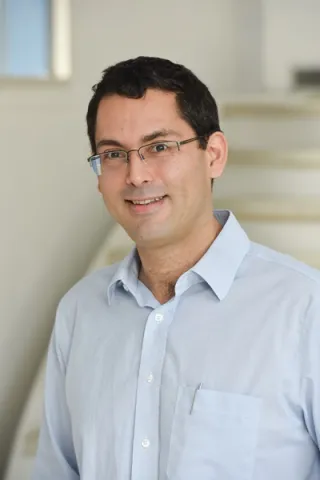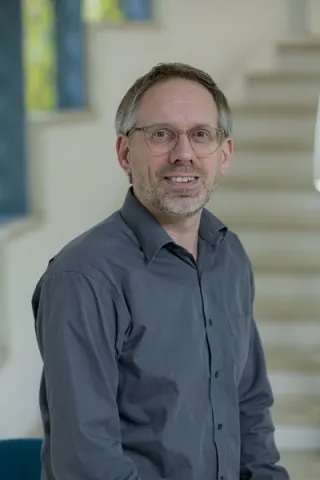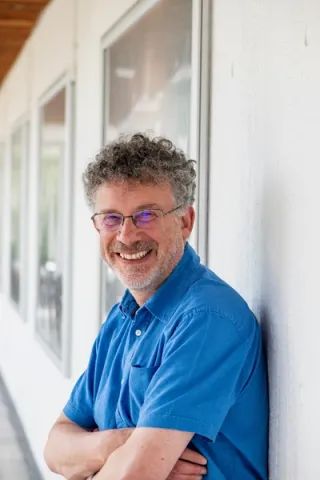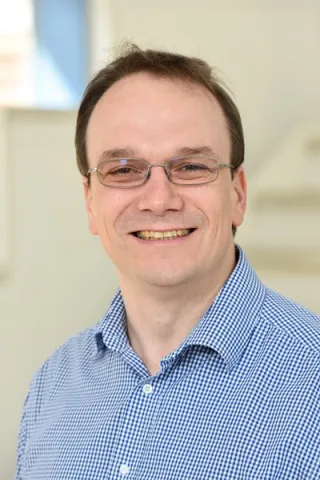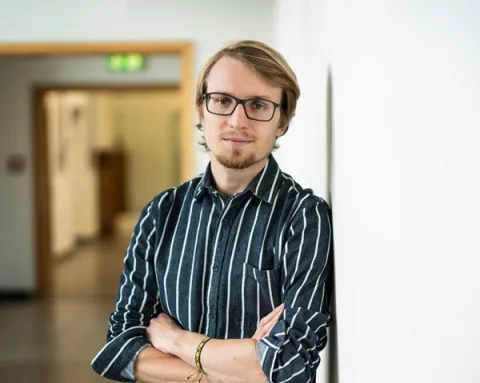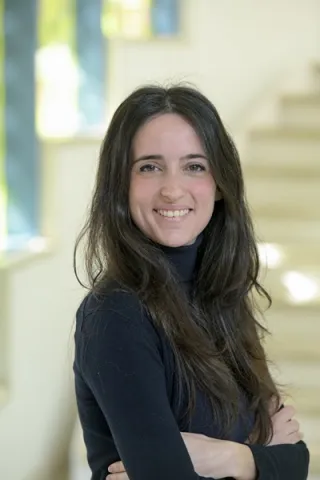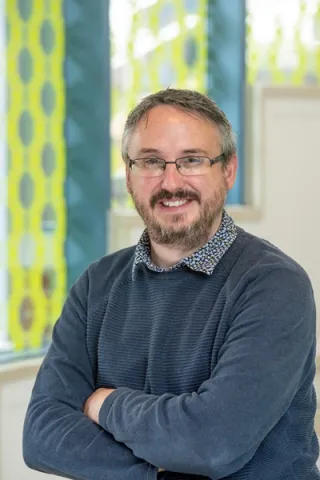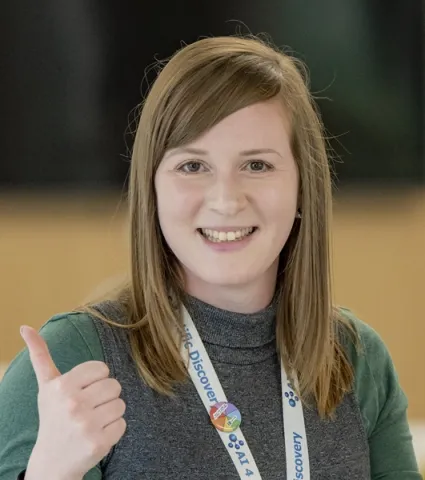Computational Systems Chemistry

Our research activities cover a range of computational techniques and theories, from multi-scale modelling to semiconductor and metallic nanoparticles.

Our research activities cover a range of computational techniques and theories, from multi-scale modelling to semiconductor and metallic nanoparticles.

The Computational Systems group has now been replaced by the Digital and Data Driven Methods group
Digital and Data Driven methods group page
Our research involves using computer simulations to help understand chemical problems. We work to develop new software and hard capabilities for data collection and analysis.
We cover a broad set of topics, including:
To aid our research, we use the University's 8000-core supercomputer - the largest supercomputer in any UK university.
We're combining simulations from the quantum mechanical through to differential equation modelling of biochemical pathways. This will help us better understand, for example, the role of calcium signalling and its effect on certain metabolic diseases.
We're leading the development of new methodologies for the simulation of matter. This ranges from linear-scaling density functional methods, to classical and combined quantum mechanics and molecular mechanics methods for calculating protein-ligand binding affinities.
We develop and apply simulation-based methods to the drug development process. This includes predicting drug binding geometries and affinities and also modelling drug transport.
We study the electronic and structural properties of a variety of nanostructures, such as semiconductor nanorods. These can act as luminescent chromophores with optical properties that can be tuned by adjusting their size and shape – changing the potential that confines electrons and holes.
We use very-large scale simulation models of biological systems, focusing specifically on the membrane environment, and including realistic models of bacterial membranes, to understand how the complex interplay of molecular interactions delivers biological function.
This includes:
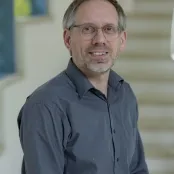
I’m excited by the promise of predictive computational methods for transforming the way that we discover new materials.
